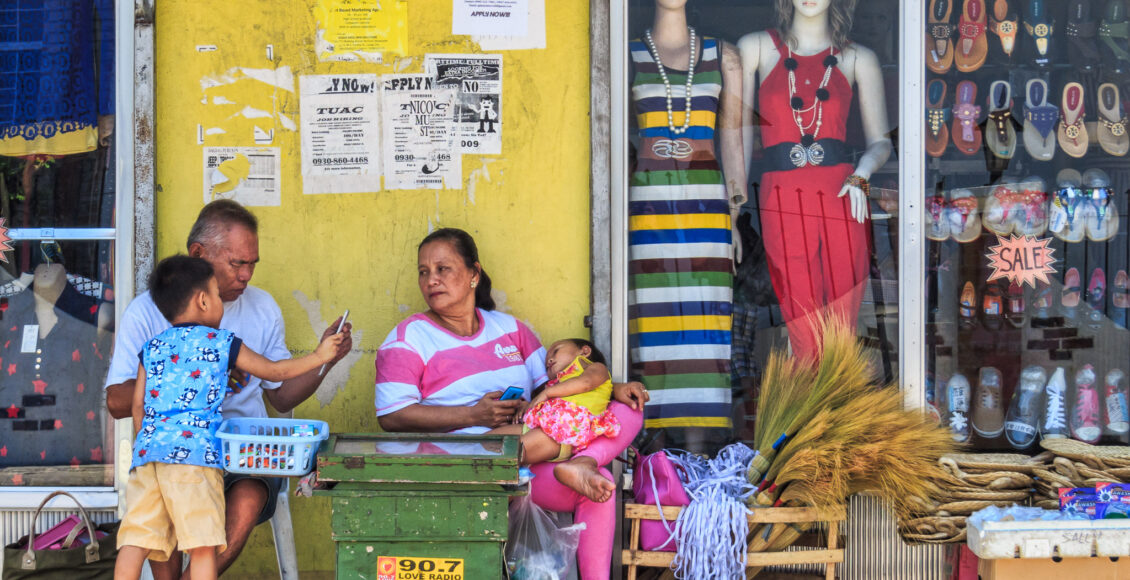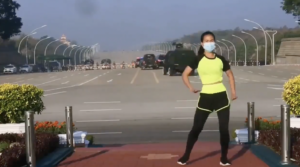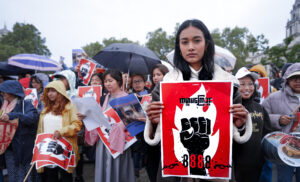Digital Authoritarianism: Social Media and Free Speech in Southeast Asia

Social media can amplify the spread of misinformation and disinformation since news spread on social media can gain significant traction and viewership without being fact-checked. Algorithms seeking to boost engagement feed into people’s existing beliefs rather than show contradicting ones, creating echo chambers of reinforced opinions. Incendiary content, such as hate speech and radical opinions, tends to reach broader audiences on these platforms, and attempts to moderate it have been dubious at best. These harmful effects are not only passively caused by everyday users; in more insidious cases, politicians and regimes can weaponize them to boost disinformation campaigns, shut down opposition support online, and meddle in foreign elections. One unique case study for understanding the negative effects of social media on democracy in Southeast Asia.
Why Southeast Asia?
Coverage and discourse surrounding social media’s impact on politics are often concentrated in Western countries where social media giants are headquartered. However, this concentration is not reflective of where it is used. Four of the ten leading countries by gross Facebook audience size are in Southeast Asia: Indonesia, the Philippines, Vietnam, and Thailand. When scaled to the percentage of each country’s population, usage rates across the region are high; in Indonesia, 60.4% of the population uses Facebook; in the Philippines, 72.5 per cent; in Vietnam, 71 per cent; and in Thailand, 72.8 per cent. In comparison, the number of Facebook users in the USA constitutes roughly 72.5 per cent of its total population.
Southeast Asia has a combination of repressive political systems and structures, which, when coupled with extensive social media use, leads to a greater dependence on these platforms for news and information. Many countries lack infrastructure like a free and independent press, campaigns against disinformation or misinformation, or reliable access to mainstream news platforms. The underdevelopment of informational infrastructure has created the phenomenon where social media has become the de-facto news source. In Cambodia and Myanmar, the trope “Facebook is the internet” emerged as survey respondents conflated Facebook with the internet itself, an indicator that high levels of social media usage are related to the population’s reliance on these platforms for news.
In Southeast Asia, Social media has also been used to spark ethnic and sectarian violence against minority groups. Its bias-reinforcing algorithms and unprecedented ability to spread inflammatory rhetoric have made it a tool for online hate to become deadly. Amnesty International has accused Meta’s algorithms of “intensifying a storm of hatred” against Myanmar’s Rohingya ethnic minority group, a predominantly Muslim population that has been persecuted in the past by Myanmar’s Buddhist majority. Consequently, Facebook currently faces a £150bn class action lawsuit for its role in inciting the Rohingya genocide.
Government Reactions to Social Media Usage
In Myanmar, the current military junta has attempted to create a model of digital authoritarianism akin to the Chinese model of the “Great Firewall,” including high levels of state surveillance and control over access to information. An assessment of online freedom in 2022 found that repressive control over the internet in Myanmar is similar to that of China. Major telecommunications companies have been required to hand over users’ data to the regime, providing them with the ability to monitor calls and text messages in real-time. The military junta has banned Facebook, Instagram, WhatsApp, and Twitter and shut down the internet to silence civil dissent and civil society. In 2020, Myanmar experienced the “world’s longest internet shutdown,” where over one million people living in a conflict zone had no access to online information. In February 2021, the military junta ordered telecom companies to drastically slow down Internet speeds to quash pro-democracy protests. In a now-viral video, a fitness instructor from Myanmar unintentionally filmed a military coup in progress while recording an aerobics dance routine for her Facebook page. The video has received significant criticism from supporters of the military regime.

In Thailand, the Computer Crime Act gives the government broad-based rights to restrict free speech, strengthen censorship, and persecute activists. It has been used in the past to persecute those accused of “lese-majeste,” criticism of the monarchy, and target dissidents of the regime. The Singaporean government also exercises similar authority over online information through the Protection from Online Falsehoods and Manipulation Act (2019), which requires companies to remove anything the government deems false. Indonesia has similarly implemented multiple internet shutdowns. The increasingly repressive regulation of social media spheres poses a significant danger to freedom of speech, activism, and open access to information in countries that rely, in large part, on social media to access these rights.

Companies’ Compliance with Repressive Laws
In Vietnam, a cybersecurity act requires social media companies such as Google and Facebook to store users’ data locally and turn it over to the regime if demanded, raising questions about the role of corporations breaching users’ privacy to cooperate with authoritarian regimes. Companies like Facebook have complied with these laws, although they have claimed that they “don’t always see eye to eye with governments in countries where [they] operate, including Vietnam.” In the Philippines, cyber libel lawsuits have been filed against media companies and journalists for allegedly spreading false information against electoral candidates online. During elections, fears of these kinds of lawsuits may be extremely damaging to media freedom when Facebook and other social media platforms are the primary way people access electoral information.
The region has seen a deleterious impact on freedom of speech as users self-censor to avoid persecution. Furthermore, the role of social media companies must be continuously examined. While some might see stricter content regulation by corporations like Facebook as progress toward a more democratic social media sphere, it raises a more fundamental question about whether or not an unaccountable private corporation should be tasked with policing online content, even in countries with authoritarian regimes.
As social media plays an increasingly important role in politics, development, and democracies, it becomes increasingly evident that its impact is complex in nature. While social media platforms have revolutionized the dissemination of information, they have also ushered in a host of unforeseen consequences that can threaten a country’s democratic development and governance. In evaluating its role in politics worldwide, social media should be treated as a catalyst for both positive and negative change and examined in the context of regional differences.
Edited by Arezo Farah.
Featured Image: A young boy teaches his grandparents how to use social media outside of a family business in Laoag, Philippines. “Teaching Grandparents How to Text.” by Wayne S. Grazio is licensed under CC BY-NC-ND 2.0.
